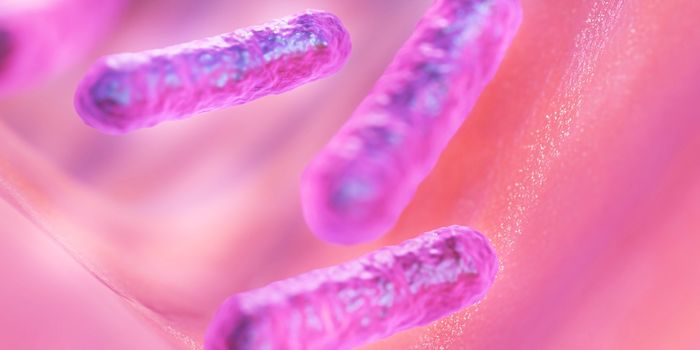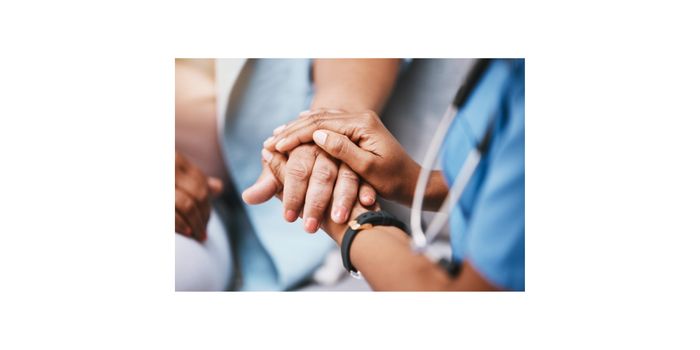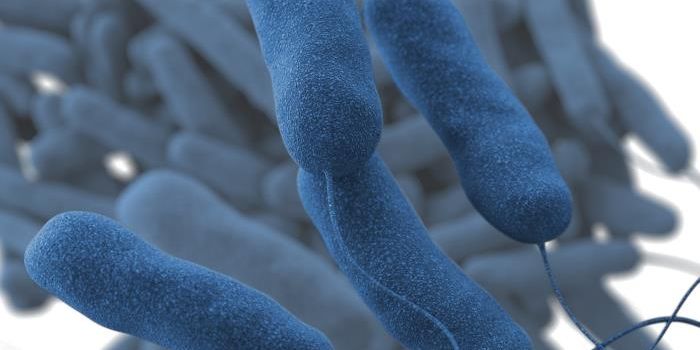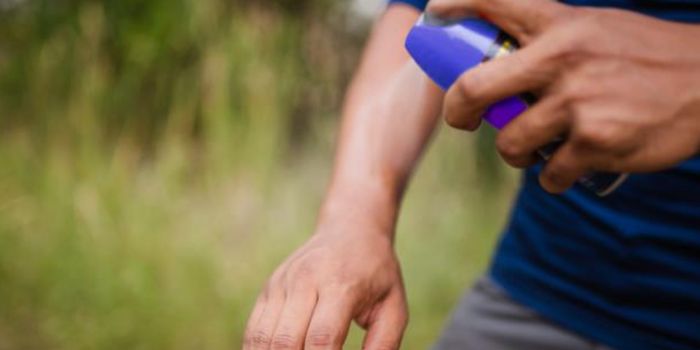The Rare Syndrome That Causes People to Produce Alcohol in Their Gut
Some people are affected by a syndrome in which the bacteria or yeast in their gut generates alcohol in their gut. Referred to as either auto-brewery syndrome or gut fermentation syndrome, it can cause symptoms of alcohol intoxication even when an individual has not consumed any alcohol. Those affected often report that they have a diet high in carbohydrates. The syndrome is more common in people that are also impacted by obesity, diabetes, or Crohn’s disease. A review of the disorder has suggested that it may be underdiagnosed.
Some yeast strains ferment carbohydrates including Candida, Saccharomyces cerevisiae, and S. boulardii; these microbes can transform glucose or fructose into ethanol. There is also evidence that some bacterial strains like Klebsiella pneumonia and Enterococcus faecium can also ferment ethanol.
Imbalances in the population of microbes in the gut may encourage the production of ethanol in the body. It may also be more likely in people that have liver disorders like non-alcoholic fatty liver disease (NAFLD) or nonalcoholic steatohepatitis (NASH).
In certain cases, people with auto-brewery syndrome might even test over the legal driving limit although thy have not consumed alcoholic beverages, as the video above illustrates.
It can be a difficult to condition to diagnose, even though it may have a significant impact on people with the syndrome and their families. Side effects may include belching, dizziness, vomiting, disorientation, irritable bowel syndrome, or chronic fatigue.
In one case report, fungal yeast was detected in a patient with auto-brewery syndrome, which was thought to be the cause of his condition. The patient had received a long course of antibiotics prior to experiencing symptoms, and the authors of the report suspected that this caused disruption in his gut bacteria and allowed the yeast to grow. After being treated with antifungal drugs, he no longer experienced the symptoms after ingesting carbohydrates.








